 I want to let you know what the Documenting Hope Project means to me: hope.
I want to let you know what the Documenting Hope Project means to me: hope.
By making this film in which we will document the potential recovery of 14 children from autism, ADHD, asthma, atopic dermatitis, mood disorders, juvenile RA and type 2 diabetes, I believe people will come to know what I do: that recovery is possible.
If you know that recovery is possible, then you have hope.
In this film, we’ll be rigorously documenting the therapies, lab work, diets, healing modalities and biomedical approaches that are used in each child’s healing protocol.
I wish something like this had been around when my boys were younger. Back then, it was enough for me to figure out finally that they had Sensory Processing Disorder, which I call “almost autism”.
It took loads of research on my end to understand that their developmental delays, hypotonia, asthma, allergies, eczema, failure to thrive, projectile vomiting and acid reflux were all related.
It took even more researching and networking to discover that recovery from autism is possible. If kids can be recovered from autism, and Sensory Processing Disorder is like a subset of autism, then my boys could be recovered from SPD.
I discovered a hidden world of what’s called the “biomedical” approach to healing, which is what functional medicine is: Getting to the root cause of a symptom, illness or disorder.
The problem was, and is, that most doctors just don’t know about this type of approach. Thankfully, functional medicine doctors like Dr. Mark Hyman, Dr. Susan Blum and Dr. Frank Lipman are showing us that food is medicine and that toxicity, gut dysbiosis, hormonal imbalances and nutritional deficiencies are the ultimate causes of just about any kind of chronic disease or disorder.
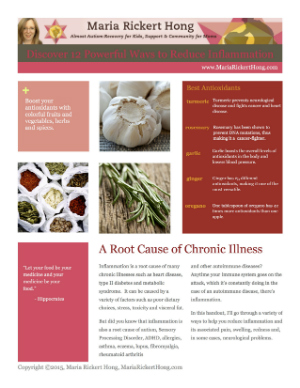
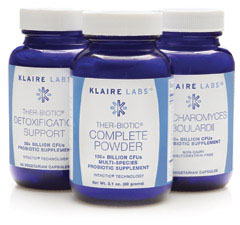 I’d like to let everyone know that I am now offering my clients world-class probiotics from Klaire Labs and supplements from their parent company, ProThera.
I’d like to let everyone know that I am now offering my clients world-class probiotics from Klaire Labs and supplements from their parent company, ProThera. Gut dysbiosis — this topic is the motherlode. It’s one of the two core (in my opinion) reasons for the explosion of chronic childhood illnesses we see today.
Gut dysbiosis — this topic is the motherlode. It’s one of the two core (in my opinion) reasons for the explosion of chronic childhood illnesses we see today.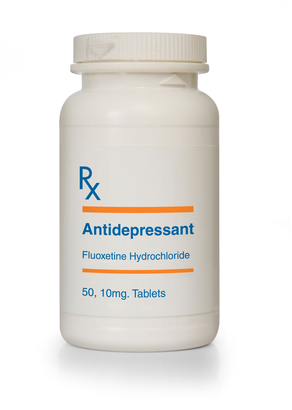
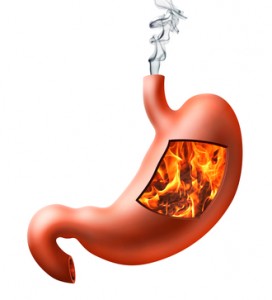 Believe it or not, acid reflux medication dangers are real, and these medications do major harm to your body. Shocking, right?
Believe it or not, acid reflux medication dangers are real, and these medications do major harm to your body. Shocking, right? My sons have had eczema their whole lives. It has ranged from cradle cap (did you know that was a form of eczema?) to itchy bumps in the creases of the knees and elbows to full-blown bloody red rashes on the arms and legs.
My sons have had eczema their whole lives. It has ranged from cradle cap (did you know that was a form of eczema?) to itchy bumps in the creases of the knees and elbows to full-blown bloody red rashes on the arms and legs. Yet another study shows that C sections and feeding your baby formula instead of breastmilk can change your baby’s gut flora for the worse, leading to gut dysbiosis.
Yet another study shows that C sections and feeding your baby formula instead of breastmilk can change your baby’s gut flora for the worse, leading to gut dysbiosis.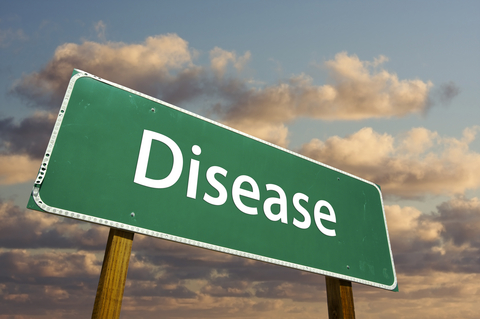 Methylation is a subject that keeps coming up again and again for my sons and myself. It’s one of those all-encompassing issues like toxicity or gut dysbiosis because so many diseases and conditions are linked, directly or indirectly, to it or rather, a lack of it.
Methylation is a subject that keeps coming up again and again for my sons and myself. It’s one of those all-encompassing issues like toxicity or gut dysbiosis because so many diseases and conditions are linked, directly or indirectly, to it or rather, a lack of it. Have you ever wondered WHY there’s such an epidemic of autism these days? Why is the rate now 1 in 50, when it was only 1 in 10,000 a couple of decades ago?
Have you ever wondered WHY there’s such an epidemic of autism these days? Why is the rate now 1 in 50, when it was only 1 in 10,000 a couple of decades ago?

